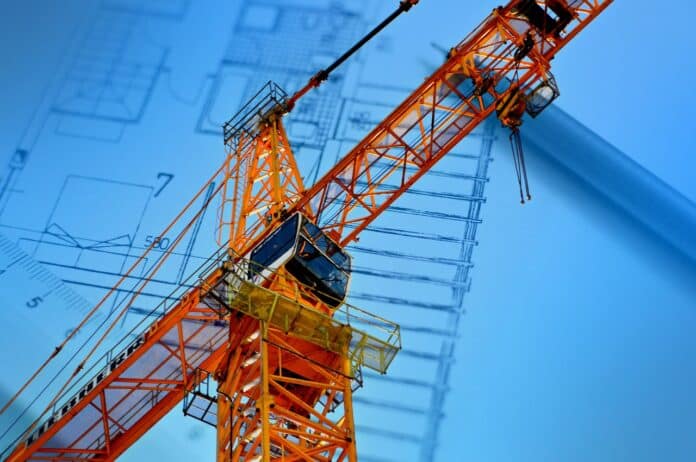Joanna Chojecka, Sales and Marketing Director for Warsaw and Wroclaw at Robyg Group:
The most significant challenge for developers today is launching new investments due to the elongated time required to obtain building permits. The waiting time has grown from 6-9 months to approximately 1.5 to 2 years. Reduced land availability and fewer building permits have significantly slowed down project realization. Both state and local administrations should simplify procedures to accelerate construction. A positive trend is the robust demand in the market, especially in Warsaw. However, the supply is still low.
Paweł Florczak, Technical Director, Ronson Development Warsaw:
We assume that constructing a multi-family building should take 18-21 months, with timely completion being our priority. Delays highlighted by GUS are an industry-wide statistic resulting from factors such as increasing labor costs. Often, main contractors find subcontracting costs exceeding initial budget estimates, leading to searching for more competitive subcontractors who might already be overloaded. This can directly affect the project timeline.
Angelika Kliś, Board Member of Atal:
Many factors affect the construction process, such as road layouts or connections to utility networks. Considering multi-family construction, GUS reports also hint at financing challenges for smaller developers. Our projects typically take around 2-2.5 years from obtaining the building permit to gaining usage rights.
Tomasz Kaleta, Sales Department Director, Develia S.A.:
The last two years were challenging due to the Ukraine conflict disrupting supply chains and increasing building material prices. Although things are returning to normal, delays can still occur. Standard building duration for an average residential building is about 18-20 months. However, the lengthy administrative processes, especially regarding building permits, are a significant barrier.
Zuzanna Należyta, Sales Director at Eco Classic:
The extended average construction time cited by GUS pertains to the pandemic and the onset of the Ukraine war. Current administrative procedures pose the most significant challenges, with insufficient staff causing months-long waits for decisions.
Małgorzata Ostrowska, Marketing and Sales Director at J.W. Construction:
Every investment is unique. Our projects, thanks to timber framing and wood prefabrication technologies, have seen significantly reduced construction times.
Dorota Gdaniec, Land Sales Specialist at Alter Investment S.A.:
Every property we manage has unique specifics. Acquiring a building permit varies, taking several months to several years. Administrative challenges due to frequent legal changes and their interpretation have only intensified during the pandemic.
Robert Chrzanowski, Project Development Director at Archicom:
From our perspective, the average construction duration has indeed increased, evident in recent market reports. Administrative issues often dictate this extension. In standard circumstances, it takes about 3 years from project conceptualization to handing over the apartments. If land legalities are not streamlined, this extends to about 5 years.
Mariola Żak, Sales and Marketing Director at Aurec Home:
Developers began constructing nearly 10.8 thousand new apartments this past August, more than twice the amount from the same period last year. This surge signifies investors’ efforts to expand their housing offers. However, building durations are increasing. The time to receive apartment keys varies based on when a customer decides to make a purchase. Buying during early construction phases has been popular for years, which our statistics confirm. Consequently, these customers wait several months before their apartments are ready.


















